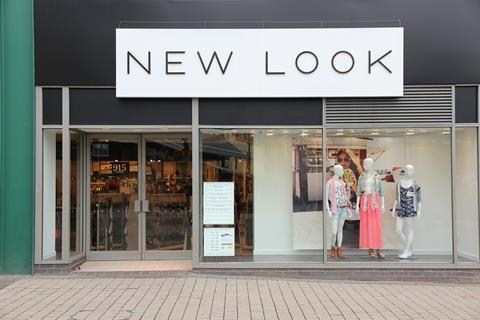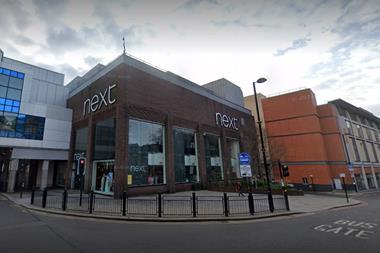Retailers, both big and small, continue to struggle against a backdrop of changing consumer shopping habits, ecommerce, rising labour costs and business rates, as well as a general fall in consumer confidence driven by economic uncertainty in the aftermath of Brexit.

In recent months, this has led to a number of high-profile retailers such as Toys R Us, New Look and Carpetright implementing company voluntary arrangements (CVAs) as they strive to restructure their businesses.
CVAs are legally binding arrangements between a company and its creditors, which typically involve a rescheduling or reduction of company debts, but may also extend to a change in its wider contractual terms with creditors. They are often considered where the company has a number of retail outlets with onerous lease liabilities and where the company believes that by re-basing its rents it may survive and avoid formal insolvency.
These arrangements are often controversial with landlords because they only require approval from 75% (in value) of the unsecured creditors, yet bind all unsecured creditors. This has led to claims that landlords are treated as “second-class creditors” with limited bargaining power and marginalised by other classes of creditors, which will be unaffected by rent cuts. The controversy is further compounded by claims that the system is being abused by businesses that may have over-leveraged themselves or are simply using the process to increase profitability rather than as a result of genuine trading difficulties.
Find out more - Colliers proposes ‘five point plan’ to address retail woes
CVAs are nothing new, but what sets the 2018 class apart from earlier counterparts is the difficulty that landlords might face in re-letting retail premises in the current economic environment. When Woolworths failed in 2008, most of the chain’s 800 stores were re-let. Compare that with just a third of BHS stores following its 2016 collapse. The re-letting challenge is even more acute for landlords in today’s market.

But there are signs that landlords are kicking back. Property-owning heavyweights Legal & General and Westfield are reportedly working with other landlords to push back against the proposed House of Fraser CVA, demanding detailed financial forecasts, a share of future profits and even an equity stake.
Some tenants will argue that CVAs are an inevitable market response to a landlord and tenant system that has operated in landlords’ favour for too long. The storm shows no signs of abating – with Mothercare announcing its CVA and further business failures looming, perhaps it is time for the government to review the use of CVAs and consider wider legislative changes.






























No comments yet